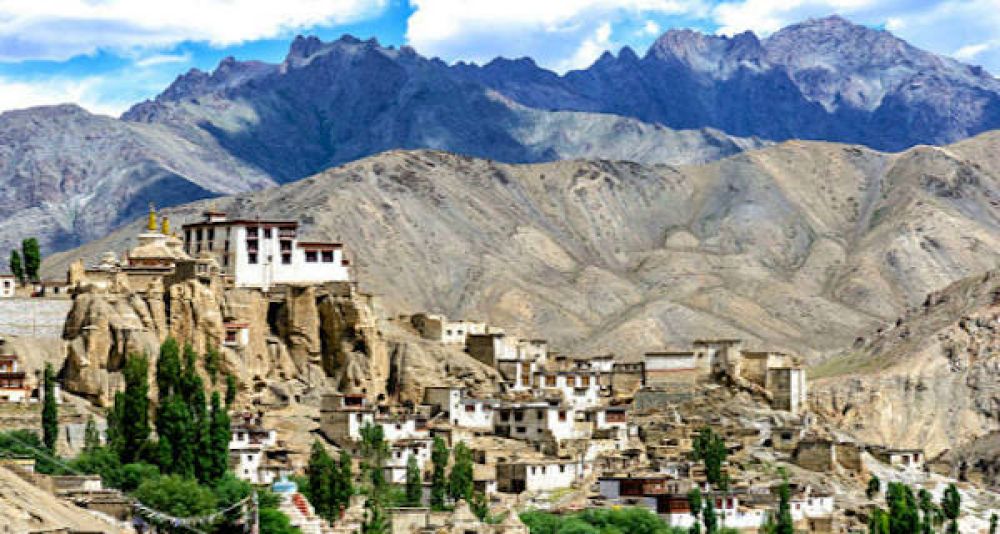

The charming village of Wakha Rgyal, nestled within the picturesque landscapes of Mulbekh in Ladakh, India, holds both historical and spiritual significance. This quaint destination has attracted travelers and pilgrims alike for many years due to its rich heritage and mesmerizing natural beauty.
The history of tourism in Wakha Rgyal is intricately tied to the famed Silk Route and the spread of Buddhism across Asia. Historically, the area served as a crucial transit point for traders and missionaries traveling between the Indian subcontinent and Central Asia. The presence of the ancient Mulbekh Monastery and the iconic Maitreya Buddha statue, dating back to the 8th century, is a testament to the region's importance as a center for cultural exchange and spiritual learning.
In the 20th century, Ladakh began emerging as a popular destination for adventurous travelers seeking to explore its remote beauty. The opening of the Srinagar-Leh highway in the 1970s was a pivotal moment for tourism in the region, providing greater accessibility to Mulbekh and sparking interest in the village of Wakha Rgyal.
The late 20th and early 21st centuries saw a growing trend of ecotourism, with visitors being drawn to the region's unspoiled landscapes and unique biodiversity. Wakha Rgyal, with its pristine environment and welcoming community, became an attractive destination for those wanting to experience the tranquillity of Ladakhi life and nature.
Wakha Rgyal's historical landmarks, such as the massive Maitreya Buddha Statue carved into the rock face, have made it a site of cultural and spiritual significance. This has lead to a steady influx of visitors interested in the ancient Buddhist heritage and the village's traditional way of life.
In recent times, Ladakh has seen a surge in popularity among global tourists, leading to increased visitor numbers in Mulbekh and Wakha Rgyal. This upswing is due in part to its appearance in films and travel documentaries. Adventure tourism has become particularly popular, with hiking, motorbiking, and cultural tours being some of the main attractions.
However, responsible tourism practices are now being emphasized to ensure the protection of the region's delicate ecosystems and to preserve its cultural heritage. The concept of sustainable travel is being promoted with an emphasis on providing authentic experiences while minimizing the environmental footprint of tourism.
With the Indian government and local organizations focusing on responsible tourism development, the future of tourism in Wakha Rgyal and Mulbekh looks promising. The emphasis on community-based tourism and conservation is expected to yield a model of tourism that benefits both visitors and the local populace, ensuring that the beauty and culture of Wakha Rgyal can be enjoyed for generations to come.
Embracing its deep history and adapting to modern sustainable tourism practices, Wakha Rgyal stands as a fine example of balancing preservation with development in one of the most awe-inspiring regions of the world.